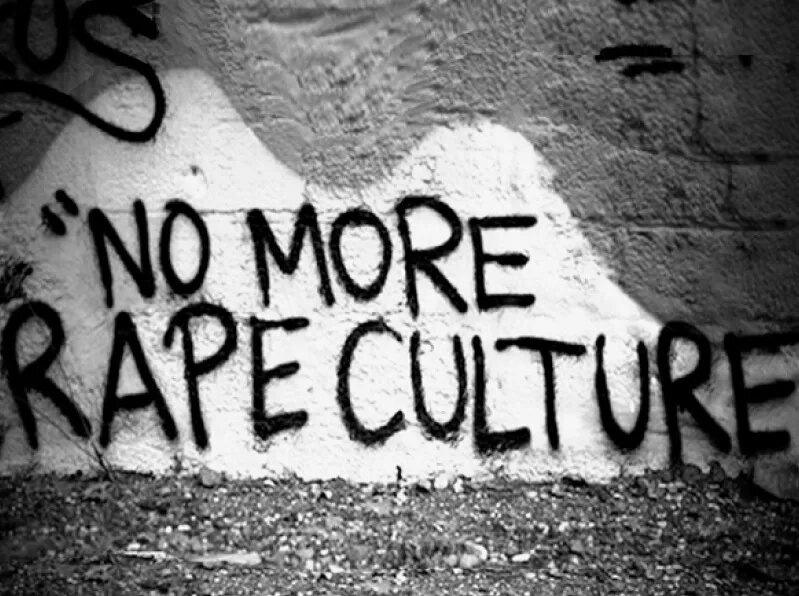
The paper compared South Africa and India's responses to the rape and murder of Booysen from Bredasdorp in February 2013 and the fatal gang rape of Jyoti Singh Pandey, a 23-year-old physiotherapy student from India in December 2012.
Pandey's attack led to large-scale public protests in India and a mass global anti-rape campaign. By contrast, the report labelled South Africa's response as "sporadic and uncoordinated" and in keeping with its "fickle" attitude to sexual violence.
The paper found that "while Anene's death was catapulted into the public domain, it elicited a sad murmuring of social mobilisation".
In comparison, in India, men and women from different classes and castes took to the streets in protest, holding candlelight vigils and demanding government action to deal with the scourge of rape.
Their persistence paid off and a new law broadening the definition of rape was passed.
In South Africa, the report noted, Booysen's death "did not become a galvanising force for a community outcry that cut across racial and class divides".
It added: "There certainly was no awe-inspiring moment of a people coming together to demand an end to rampant sexual violence."
And while Pandey's body was received by the country's prime minister and president, and her coffin had a police escort, a small group of ordinary people raised funds for a tombstone for Booysen because the family could not afford one.
The SA government invested R10-million to create jobs in Booysen's home town, but this was "misplaced and delinked" from the issue of sexual violence.
It also said that, in terms of media coverage, her personality appeared to be "inconsequential" especially in comparison to coverage of Reeva Steenkamp.
"No one remembers what Anene looks like," said co-author of the report Joy Watson.
This article was first published here:
http://www.timeslive.co.za/thetimes/2014/07/04/sa-loses-in-a-tale-of-two-rapes
More media articles:
http://www.heraldlive.co.za/ordinary-people-government-slammed-for-attitude-to-rapes/